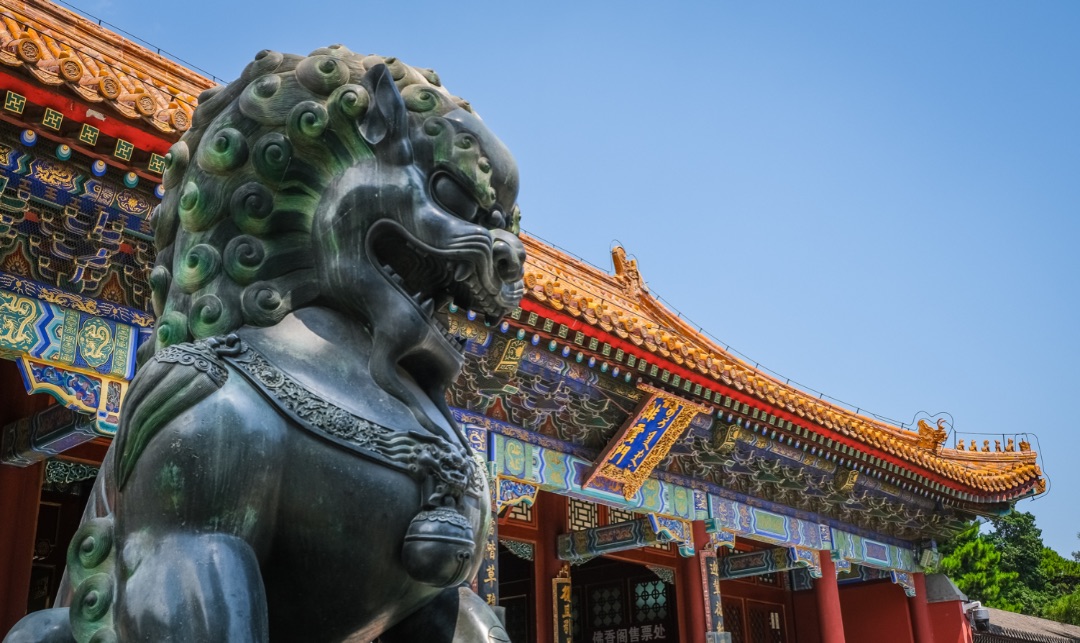In the broadest sense, I see the U.S.–China relationship connected like a cell phone connects to a cell tower. In a perfect scenario, there are five bars of service connecting the two—Fenton’s Five Forces, as I refer to in my memoir, Feeding the Dragon: Inside the Trillion Dollar Dilemma Facing Hollywood, the NBA & American Business. I compare those five bars to that of five diplomatic forces that either connect our nations or distance them: politics, national security, human rights, culture, and commerce.
I strongly believe that the U.S. and China can continue to co-exist happily in a collaborative yet competitive relationship, while also sharing little common ground with three of those diplomatic forces—politics, national security, and human rights. Why? Because of the other two forces—culture and commerce.
Those forces provide a real chance for the U.S. and China to connect and bond. There is much proof already, whether LeBron James, Nike, and the NBA on one hand or Tom Cruise, Disney, and Hollywood on the other. In forging the bilateral exchange of culture and commerce, there will always be connective tissue between the superpowers. The cell service will work.
However, if bilateral collaboration stops with those two forces, the final two bars of cell service go blank. The connection between cell phone and cell tower ends. The world’s two superpowers stop communicating.
We cannot go there. Our two countries must keep that from happening. We must avoid a world where our two nations are engaged in a cold war … or worse.
So, here’s an idea focused on the disputed area of human rights. China should simply let Americans freely voice their opinions, while inside our own nation’s borders. And, China should allow that right without the threat of market retaliation. China’s recognition for Americans’ free speech rights would surely go a long way to release bilateral pressures.
Last August, I accompanied U.S. Congressional Members Titus, Kirkpatrick, and Lowenthal on a meeting with China’s Vice Foreign Minister Zheng Zeguang. Paraphrasing his words, he said, “China’s system of government has worked very successfully. The U.S. has a good system too, but it’s good for the U.S. Each of us has a government that works well for what we each need respectively. Let’s respect our differences.”
That sums up the perfect compromise, playing into my solution. The U.S. and China can live to agree to disagree on three of the five diplomatic forces, yet still keep our countries in some semblance of a constructive bilateral relationship. Therefore, American citizens, companies, politicians, athletes, or celebrities must be free to voice opposition on items that are accepted in China. And this would mirror Chinese voicing opposition to items accepted in the U.S.
China’s ability to firewall such American speech inside its own borders is fair reciprocity too. That’s China’s right, and that’s just. The U.S. should accept and respect that.
The recent controversy engulfing Disney and its film Mulan provides a current case study for implementing this solution:
- Inside the United States, Disney issues an apology to Americans, adding a clear statement of disagreement on the disputed Chinese policy.
- The terse statement relieves mounting pressures on Disney, a company known for fostering creative expression and freedoms.
- Critics, inclusive of Congress, consumers, and other influential constituents, respond positively, backing off, since hypocrisy is no longer an issue.
- Journalists in both nations avoid amplifying a potentially embarrassing controversy.
- Any resulting face loss on the China side and U.S. side is nullified.
- The free speech comments made by Disney are respectfully firewalled inside China.
- China doesn’t retaliate against Disney’s business in China.
- Bilateral pressure decreases. Goodwill builds.
Bottom line, the massive economic value of bilateral commercial and cultural exchange has negatively developed into a costly silence among Americans and American companies, but that muteness cannot continue. It has become too combustible of an issue, building unsustainable pressure within the U.S.–China relationship that must find a release. If not, the bilateral tension will explode, flinging dangerous shrapnel globally.
For companies like Disney or Nike, entities like the NBA, industries like Hollywood, sports, or tech, or celebrities like LeBron James or Daryl Morey, the ability to speak freely mitigates face-losing stress from politicians, consumers, and constituents challenging them to speak up. And for China, it prevents unwanted geopolitical controversies from igniting. It keeps bilateral engagement copacetic and constructive, hopefully launching the U.S. and China towards larger bilateral goals moving forward.














































